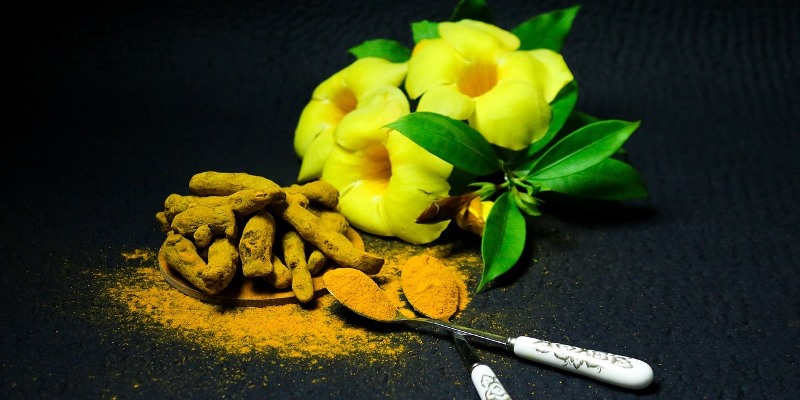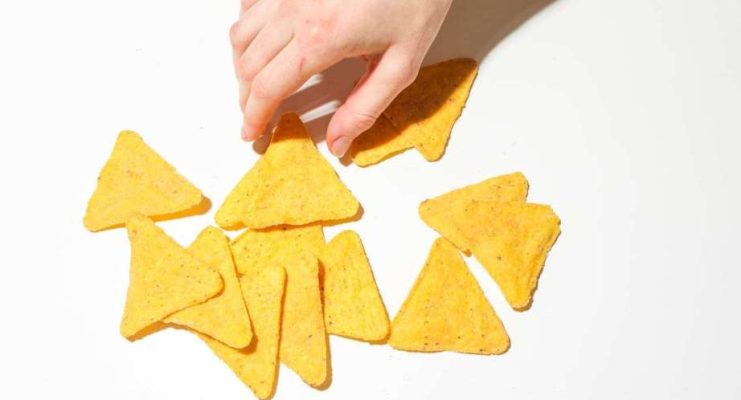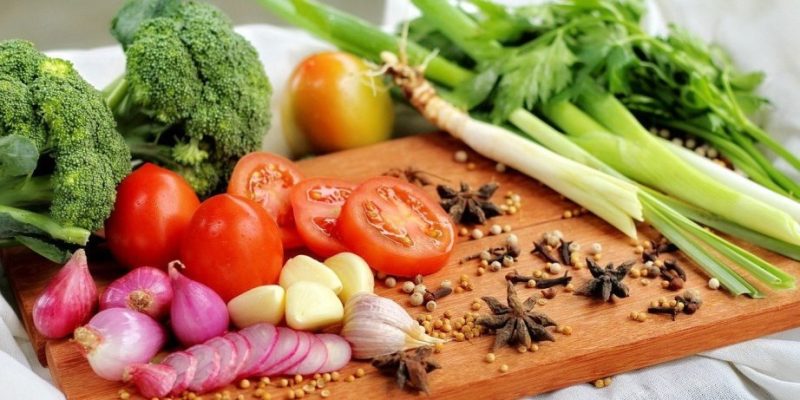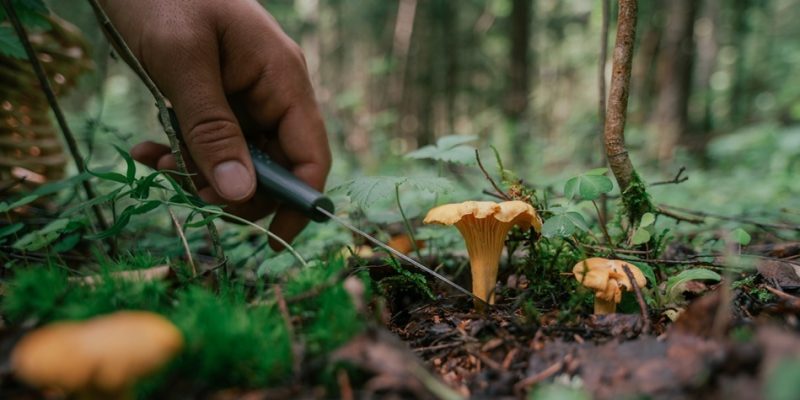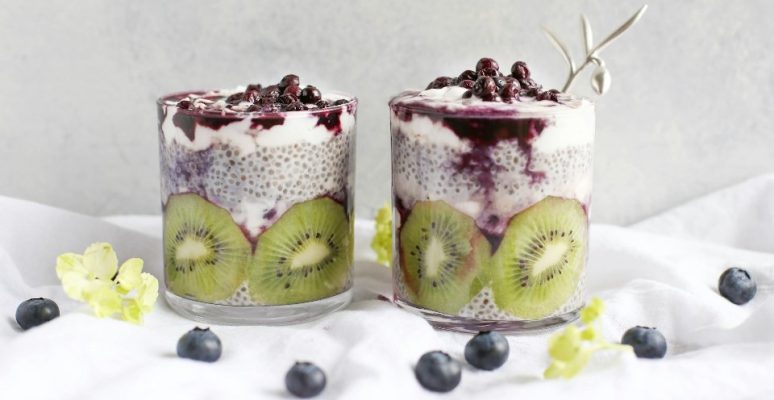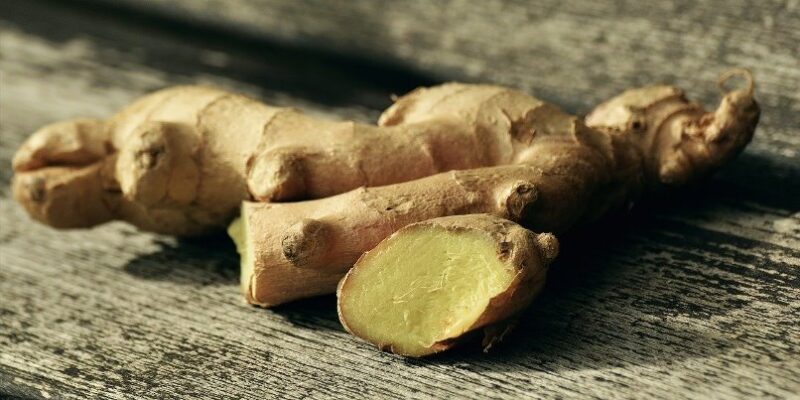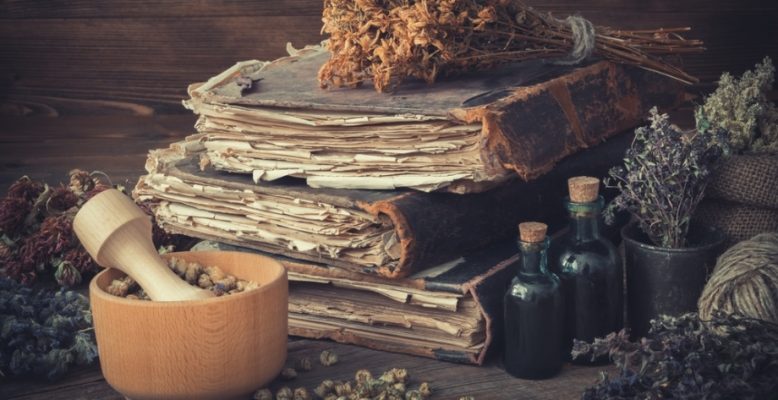
In the context of proper Self-Care practices, the foods (and drinks) we consume are of course obvious points of concern. They are not only indispensable for human survival and providing energy, but they are also essential to stay or become healthy.
Nevertheless, nowadays it’s not so easy to choose safe and healthy food. For instance, we often don’t know exactly how and where it’s produced and what kind of ingredients it contains, even if there’s information on the packaging or an accompanying info card/leaflet for each type of vegetable or fruit type in the supermarket (or market).

In general, not all the ingredients and additives of processed and ultra-processed foods or the detailed ways of producing or growing food are mentioned, and even if they are, you’ll often find a whole list of scientific or unknown terms and phrases, which don’t say us much unless we would make a study of it.
Moreover, if all the natural and/or chemically produced ingredients and additives are mentioned, well, that doesn’t really say much either. That is, they mind sound harmless or even healthy, but where do they come from, how were they produced, collected, or transformed, in what type of soil did things grow, how was cattle raised and under what circumstances, are (parts of) ingredients, plants, or animals genetically manipulated, was there any use of hormones, pesticides, fertilizers, and what about transport, storage, and packaging conditions, and so on.
In fact, we often rely on informed governmental regulation and inspections from official food, hygiene, and safety departments. But scientific insights and conclusions change regularly, and what was considered healthy and safe five years ago is sometimes seen as extremely harmful today. Moreover, the actual enforcement and inspections on food production and food safety are rather limited, based on samples, and honestly — it happens too often that in hindsight we need to admit that we have been sort of “poisoned” for many, many years by this or that product we habitually ate, day after day.
Another thing is that it turns out to be quite time-consuming and expensive to source, buy, process, and prepare healthy food. Nowadays, the facts are that natural, safe, and healthy food is much more expensive than mass-produced and/or ultra-processed foods, and most people in modern society don’t have the financial means nor the time it needs to put together healthy meals on a day-to-day basis.
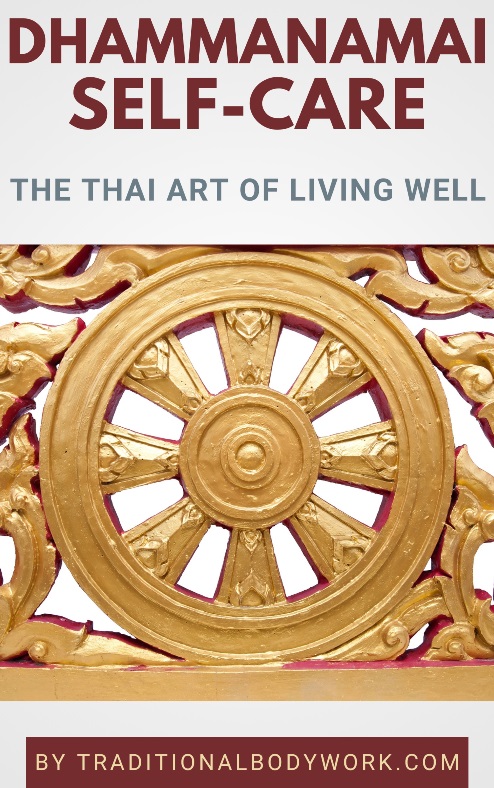
It simply means that too many people go for fast, cheap(er), pre-processed, and/or ultra-processed nutrition, typically containing too much sugar, oils, fats and salt, and doubtful types, origins, and amounts of preservatives, emulsifiers, disinfectants, colorings, and flavorings, a lack of fibers, vitamins, and minerals, and so on, which generally don’t contribute to healthy and safe eating patterns, and thus risking poor health of body and mind.
For most people, the times that we would buy fresh food directly from the farmer near us, or grow or forage our own food, and subsequently process, transform, and cook those foods ourselves, are largely over. And even if we still would have the time and means to do so, today we — more than ever — need to know in what type of soil foods were grown (i.e. was the soil clean or did it contain contaminants), what types of pesticides were used, how — for instance — cheese was processed by our local farmer, or in what sorts of pastures cattle would eat from, etc.
Compared to the past, we also tend to eat more diverse/different products. That is, we eat things that are grown/produced in other countries, but actually belong to the natural environment of those countries and to the diet of the people who live in them. For instance, today you find that Germans eat mangos, Russians eat coconuts, and people in the tropics eat apples, although these fruits don’t grow there, and were not a natural part of the people’s diet in older times.
As it is, I have serious doubts if it’s a healthy practice to eat food that doesn’t belong to one’s natural living environment, which is a topic you can read more about in another article I’ve written, titled Health Benefits of Locally Grown Food and Why You Should Avoid Foreign Produce.

In addition, eating a greater variety of different foods doesn’t necessarily imply you eat healthier. For instance, we may eat ten different types of cookies, ten different types of ultra-processed sugary and “very healthy” cereals, and five different kinds fatty pizzas during the week, instead of following a balanced diet.
In view of the above, we see that diversity in meals and food products often translates to a monotonous diet in which basically only the flavors change, which makes for a poor amount and variety of the nutrients we really need, most likely leading to poor physical and mental health, and reduced life expectancy.
Unfortunately, we cannot else than admit that many things within the food-chain are out of our own hands nowadays, which has to do with the way the food industry works (and thrives), a lack of proper and detailed information, our busy-bee lives which prevents us to spend more time sourcing, processing and transforming our own food, and more often than not having a structural lack of money to buy only healthy products.
For the vast majority of people it’s impossible to “go back to Nature” by buying a piece of land and growing their own food and eat only that of which they know where it comes from and how it’s produced. Nevertheless, by diving a bit deeper in what sorts of nutrients we need on a daily basis, by trying to make more time for buying and cooking fresh and clean foods, and by studying the ingredients and additives of products we buy just a tiny bit more than we do now, most of us could surely make improvements in the “food department.”
All in all, let’s not forget that “You Are What You Eat” — as the saying goes — and I can only imagine that we all would like to be the most healthy possible “food version of ourselves.” Choosing the proper types, diversity, ingredients, compounds, and amounts of food we eat is of high importance for our health, and it’s only justified to take what we eat very seriously.





